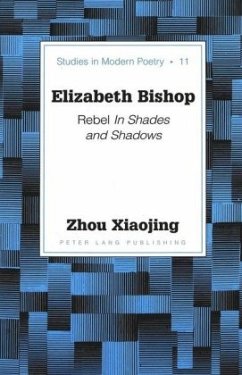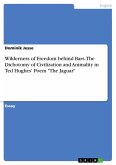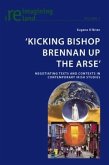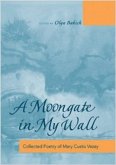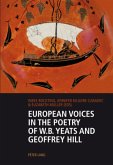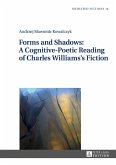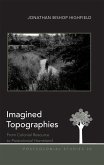Elizabeth Bishop, one of the most admired American poets of the twentieth century, occupies a unique place in American poetry. Bishop's poems have inspired poets of various schools and intrigued critics, who find her work difficult to categorize. This study explores the theoretical grounds and enabling conditions for Bishop's distinct poetry, drawing from Mikhail Bakhtin's dialogism and Bishop's own artistic theories elaborated in her prose, notebooks, and letters. Focusing on Bishop's continuous efforts to test the limits of poetic forms, it sheds new light on the artistic merits and significance of Bishop's oeuvre.
"Zhou Xiaojing offers a rich reading of Bishop's poetry that shows how the poems enact beneath their cool surfaces a complex dialogue between confinement and freedom, subjective needs and objective methods, and a commitment to the immediate moment and the need to embed that moment in personal and public memory. This study says important things not only about Bishop's intentions but also about how these intentions govern her style." (Carl Dennis, State University of New York, Buffalo)
"This ranging, particularizing study of Elisabeth Bishop's work is a very useful addition to the more general readings of this complex poet. Zhou Xiaojing provides a fundamental ground for reader and scholar alike." (Robert Creeley, State University of New York, Buffalo)
"This ranging, particularizing study of Elisabeth Bishop's work is a very useful addition to the more general readings of this complex poet. Zhou Xiaojing provides a fundamental ground for reader and scholar alike." (Robert Creeley, State University of New York, Buffalo)

